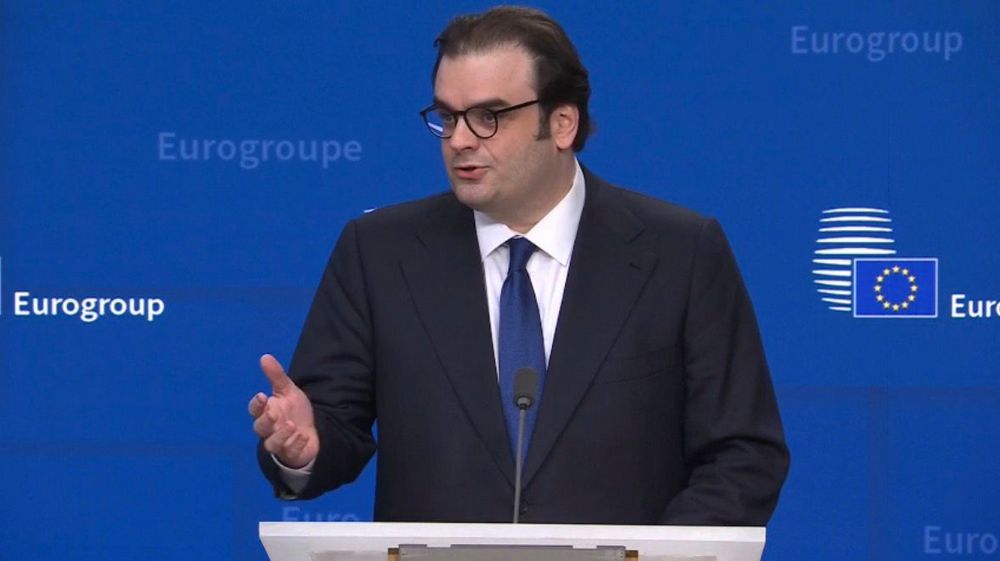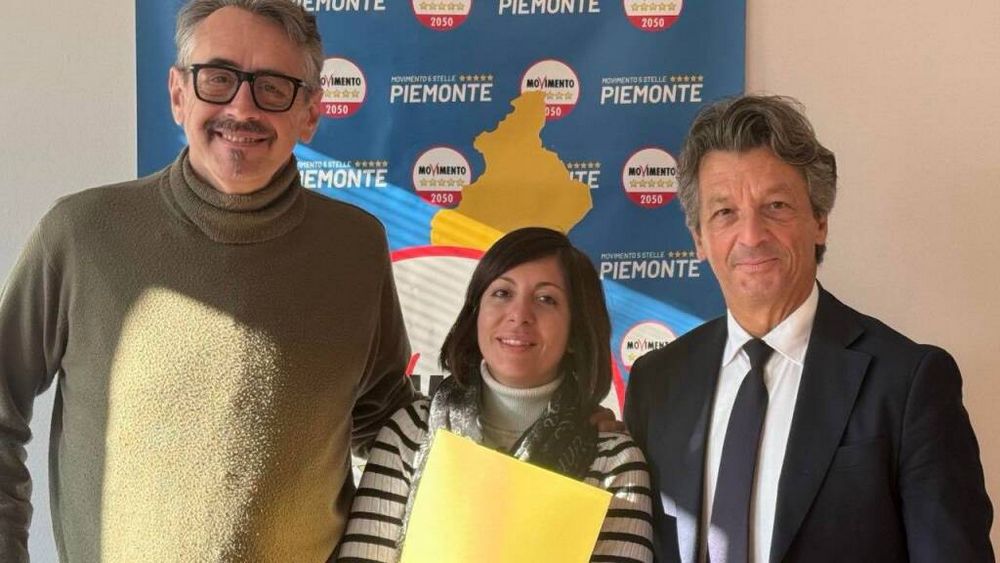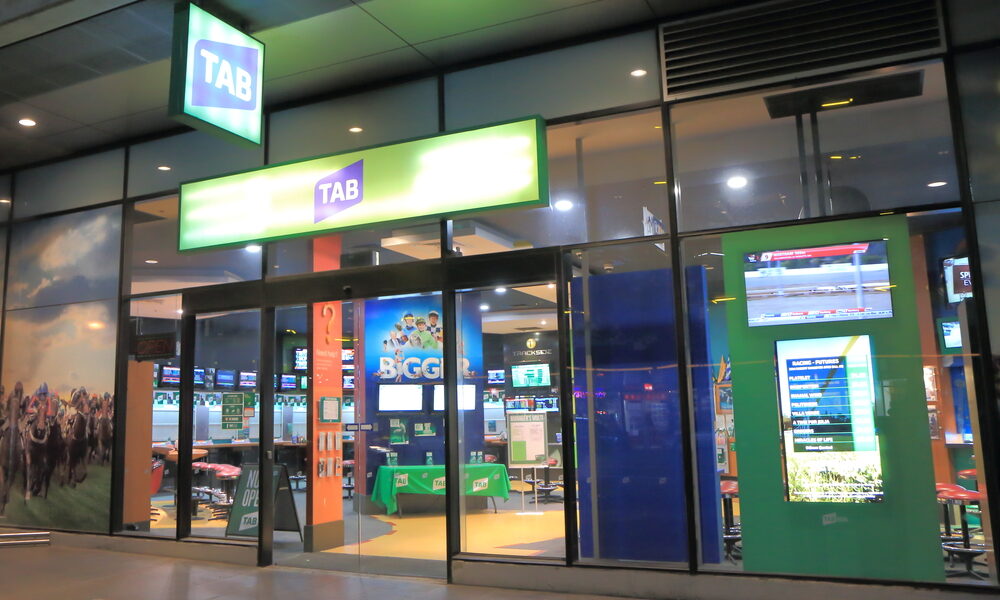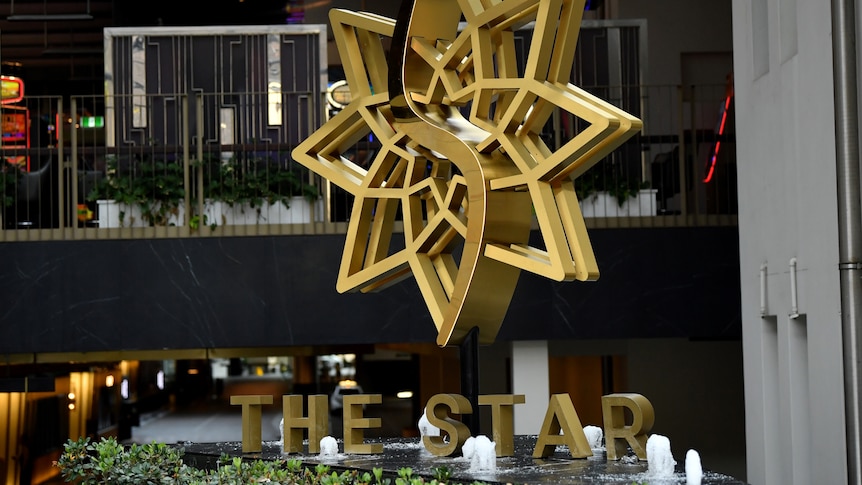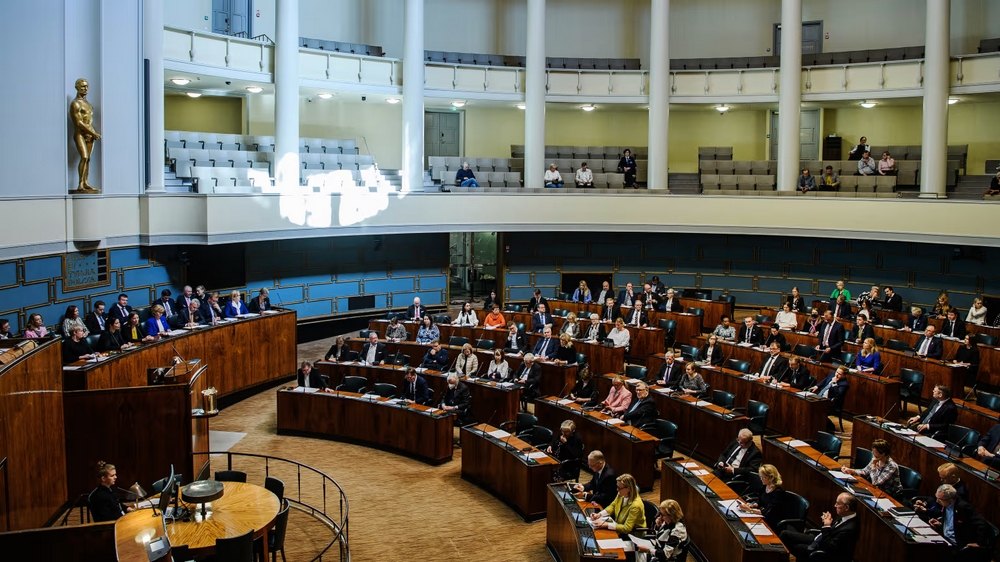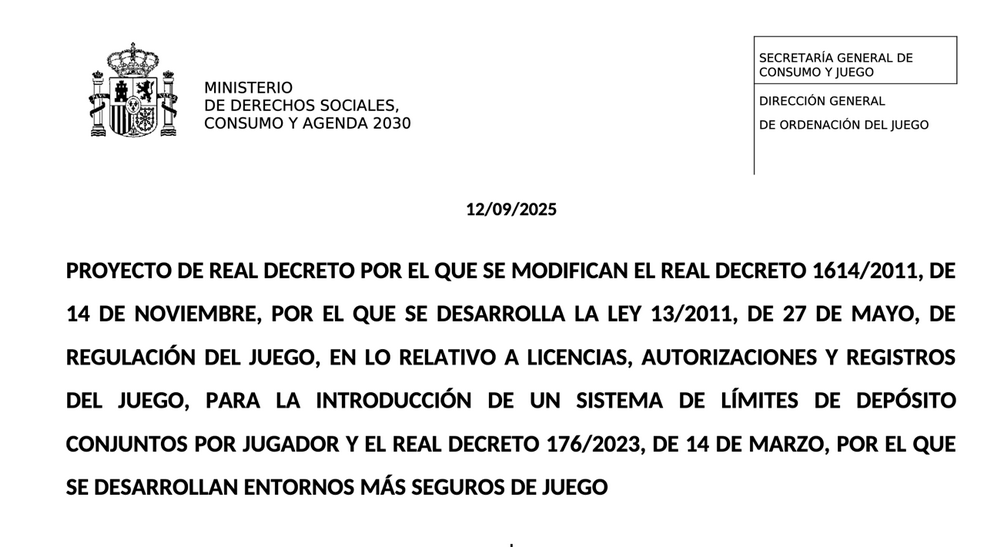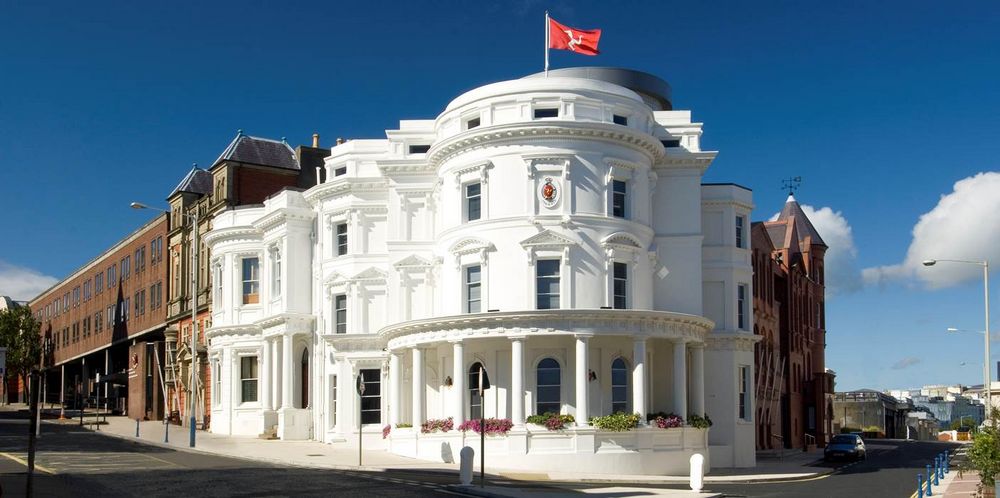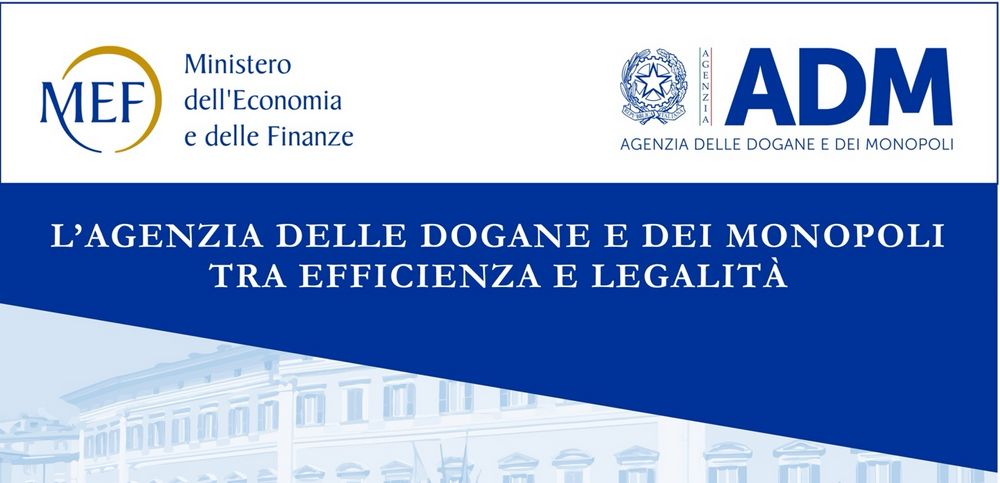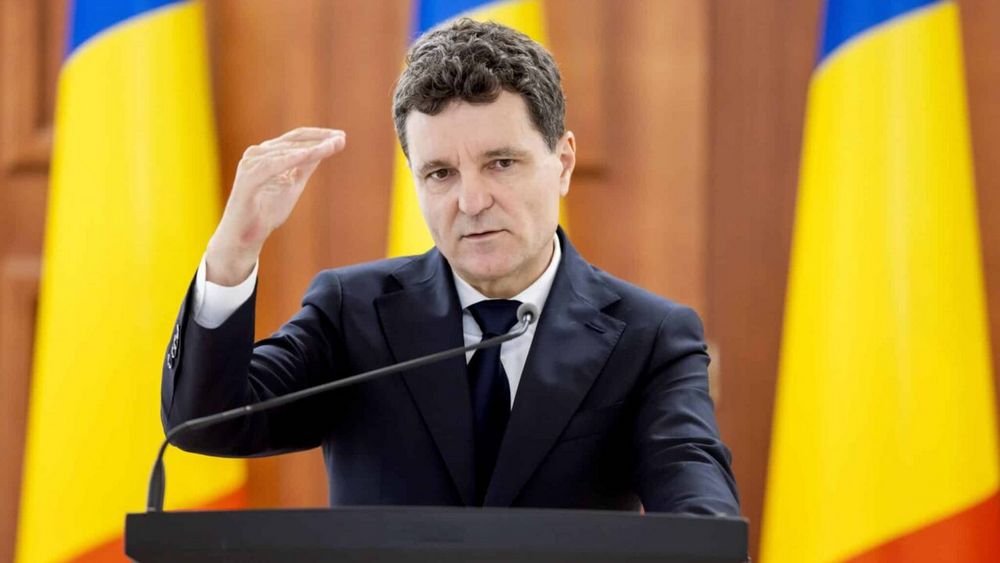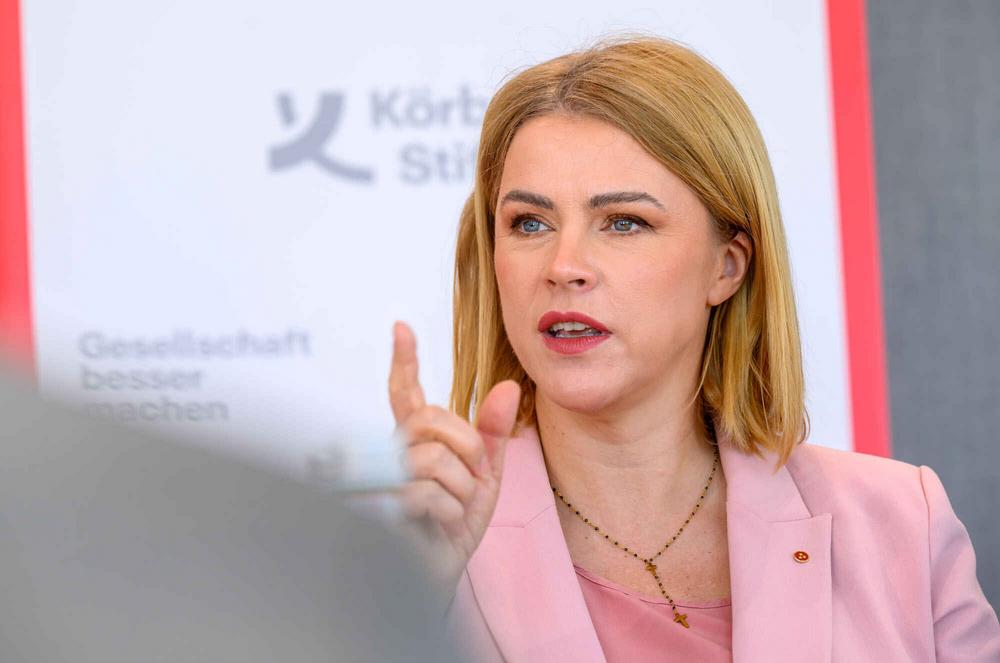Riga, September 23, 2025 – Latvia is moving forward with sweeping reforms to its gambling sector, combining steep tax hikes with an overhaul of its supervisory framework. The government confirmed that the Lottery and Gambling Supervision Inspectorate (IAUI) will be merged into the State Revenue Service (SRS) as of April 1, 2026, in a bid to streamline oversight and strengthen fiscal control.

The announcement, made by Finance Minister Arvils Ašeradens, comes alongside a slate of new tax measures scheduled to take effect on January 1, 2026. Under the new structure:
- Slot machines: annual levy per unit will rise from €6,204 to €7,440.
- Gaming tables (roulette, card games, dice): annual levy per table will climb from €33,696 to €40,440.
- Telephone betting and sports wagering: tax rate on gross revenue will increase from 15% to 18%.
- Bingo: rate will move from 10% to 12%.
- Interactive (online) gambling: tax rate will rise from 12% to 15%.
The Ministry of Finance projects the changes will generate an additional €9.2 million annually for the state budget, with roughly €175,000 earmarked for municipalities. Officials argue the reforms will reduce administrative overlap, enhance anti-money laundering controls, and boost transparency in licensing and tax collection.
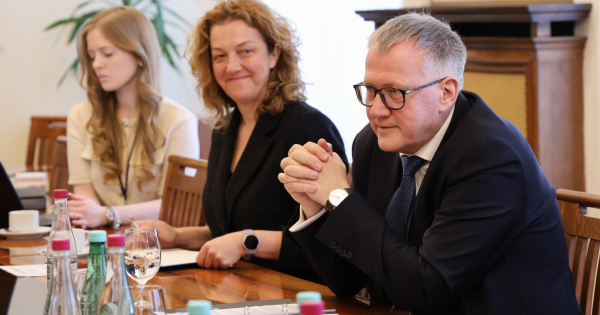
“This integration of IAUI into the SRS will ensure a more efficient and unified system,” Ašeradens said. “At the same time, higher levies on gambling reflect our priorities: protecting players, safeguarding fiscal discipline, and funding key state programs in education, security, and family support.”

Industry observers note that Latvia’s reforms echo a wider European trend of tightening gambling rules amid fiscal pressures. For operators, the new regime means higher fixed costs and more stringent compliance requirements. Analysts warn smaller firms may struggle to absorb the increases, while major operators will likely pass costs onto players or scale down offerings.
Latvia’s gambling market tilts online as land-based revenue plummets
The last comparable shake-up occurred in 2020 when Latvia imposed temporary restrictions during the COVID-19 pandemic. This latest move, however, appears designed not only to raise revenue but also to assert stronger state control over a sector often criticized for social harms and insufficient safeguards.
With tax hikes set to bite from January and structural changes rolling out by April 2026, Latvia’s gambling industry faces a decisive period of adjustment – one that could reshape its market dynamics well into the next decade.











